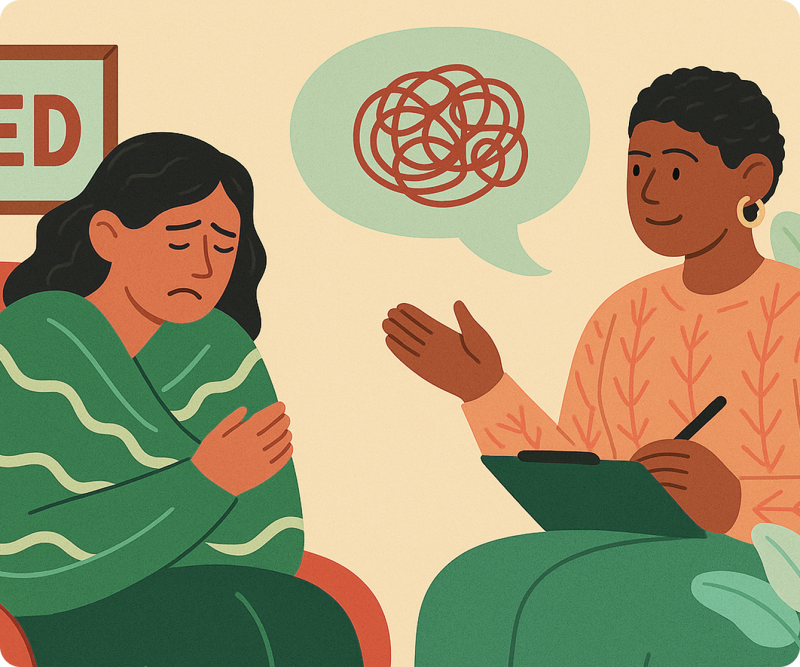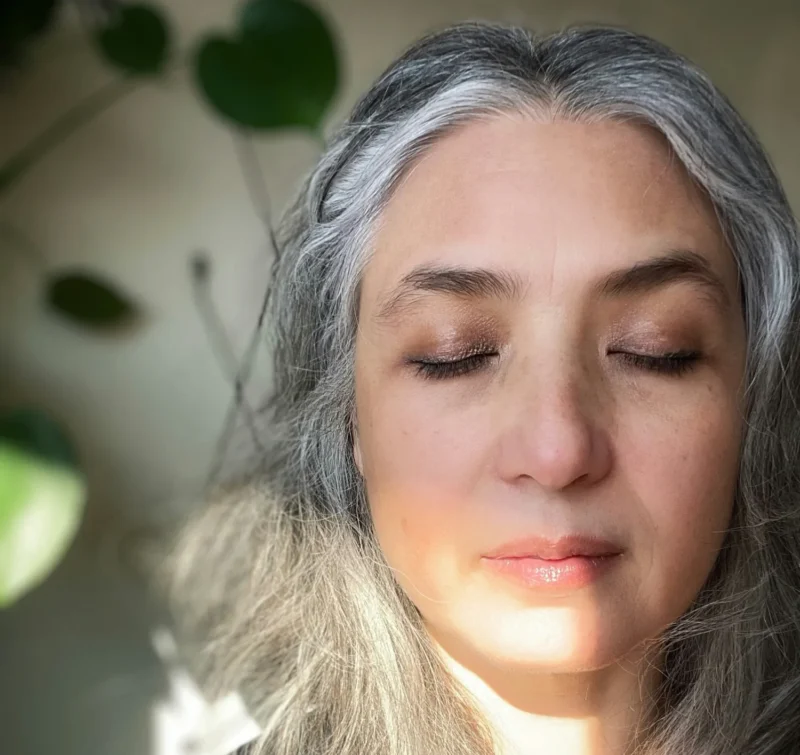
Understanding Childhood Trauma
Unresolved childhood trauma can manifest in different ways at different times in life. Some people are acutely aware of some patterns of negative thinking or harmful behaviours stemming from childhood which continue to hold them back. Others may be unaware that some of their current distress and other mental health issues are rooted in painful childhood experiences.
What are some experiences that can lead to childhood trauma?
- Physical, sexual, verbal or emotional abuse
- Neglect, including emotional neglect
- Parent suffering from addiction or other mental illness
- Death or illness of a parent or family member
- Immigration or refugee background
- Poor parent-child relationship
- Witnessing violence or abuse
- Natural disaster
- Car accident
- Bullying or mistreatment at school
- Parental divorce or separation
- Sudden or unwanted relocation
What is childhood trauma?
Children have many needs and are dependent on others to have most of them met. Children often struggle to understand and communicate their needs. Because of these and other factors, children frequently have needs that go unmet. Parents and carers may also be unwilling or unable to cater to a child’s needs for a variety of personal, emotional psychological or financial reasons. Whatever the cause, unmet needs can result in feelings of neglect, abandonment, loneliness and unhappiness. These can create patterns of negative thinking and unhelpful behaviours which are carried into adulthood.
When something very traumatic happens to a child it may cause unbearable distress or pain. The brain can respond in a range of ways to protect the child from harm, including forgetting events or aspects of the trauma, feelings of detachment, numbness or emptiness, or producing seemingly unrelated anxiety which distracts from the true origins of the distress. In these circumstances symptoms of mental illness can arise.
What are some common post-trauma symptoms?
Individuals with a history of childhood trauma may experience the following:
- Symptoms of a range of mental illness, including anxiety, depression, personality disturbance or dissociation
- Addiction, abuse or misuse of drugs, including alcohol or prescription medication
- Relationship difficulties with romantic partners, friends or family
- Issues with low self-esteem, lacking a sense of self or general life dissatisfaction
- Preoccupation with self-harm, death or suicide
Childhood trauma most commonly stems from experiencing some form of abuse or a significant loss. However, some other forms of trauma may be less apparent but no less impactful. It is important to understand that trauma need not involve a life-threatening event or extraordinary circumstance. Other, less obvious forms of trauma have historically been overlooked, but are increasingly being recognised. Among psychologists there is increasing recognition of the distinction between ‘big T’ and ‘little t’ trauma. Others, such as psychiatrist Mark Epstein have written extensively about ‘the trauma of everyday life’. Regardless of the nature or severity of your childhood trauma, help is available.
How Seed Psychology can help you
Psychological treatment can help you to understand and validate painful feelings associated with the trauma. Depending on a range of factors including the nature of the trauma, its symptoms and your reaction to them, a variety of treatment approaches may be taken. These include several evidence-based psychological therapies such as Cognitive Behavioural Therapy (CBT), Acceptance and Commitment Therapy (ACT), Dialectical Behaviour Therapy (DBT), Solution-Focussed Therapy and Interpersonal Therapy.
The goal of psychological therapy is to process and gain perspective on trauma, reduce self-destructive behaviours, strengthen relationships and improve emotional self-regulation. These changes can help you to resolve childhood trauma and lead a more meaningful life. The highly skilled and experienced clinical psychologists at Seed Psychology are committed to helping you overcome the lasting effects of childhood trauma and improve your wellbeing and quality of life.
Through connection,
change is possible
Our compassionate team at Seed Psychology is here to help you regain your wellbeing and navigate life’s challenges with greater confidence and clarity. Connect with us to book an appointment with a psychologist in our Brunswick clinic or via telehealth Australia-wide.
Available resources
Meet our amazing team of therapists
Our diverse team of psychologists offer individual, couples, and online therapy, as well as assessments. Beyond their expertise, they bring humanity and care, providing respectful, affirming support tailored to each person’s unique experience.
Freqeuently asked questions
-
Therapy is a shared process. While your Psychologist brings expertise, insight, and support, the most meaningful outcomes often come when you’re actively engaged in your own growth. This means being open and honest during sessions, reflecting between appointments, and being willing to try new approaches-even when it feels challenging. Therapy can take time, and progress isn’t always linear, but your commitment matters. Here are some ways to support your journey:
- Be open and honest with your Psychologist, even (and especially) if something feels hard to say.
- Give feedback if something doesn’t feel right or if your needs change.
- Stay open to exploring new ideas and practices within a safe, supportive space.
- Take notes or keep a journal to reflect on insights or patterns between sessions.
- Try to attend regularly-consistency is key to building momentum.
- Be kind to yourself. Growth can be uncomfortable at times, but that doesn’t mean you’re doing it wrong.
- Invest in your wellbeing outside of therapy by building habits and routines that nourish you.
Therapy is a courageous act of self-investment. By showing up and staying engaged, you create space for real and lasting change.
-
Our experienced team of Psychologists offers warm, evidence-based support that’s collaborative, inclusive and grounded in genuine understanding. We provide individual, relationship or family therapy for a wide range of concerns. Additionally, we offer couples therapy, online therapy, psychological assessments (including ADHD and Autism Spectrum Assessments), and workshops.
-
There’s no one-size-fits-all answer to how long therapy takes. At Seed Psychology, we tailor each intervention to your individual needs, goals, and circumstances. Some people come to therapy to navigate a specific challenge, like managing anxiety, adjusting to a life transition, or processing a relationship difficulty. Others may be seeking deeper emotional growth or support for longer-term concerns. Because of this, the number of sessions can vary. Many clients attend between 6 and 18 sessions, though some need fewer and others continue for longer. Your Psychologist will discuss an estimated treatment plan with you after your initial assessment and continue checking in over time to ensure it feels helpful and aligned with your goals. Ultimately, the pace and duration of therapy is something we navigate together, guided by your progress, preferences, and what feels right for you.
-
Consultations with a psychologist last between 50 and 60 minutes.
-
At Seed Psychology, your safety and wellbeing are our highest priorities. While we are here to support you through regular therapy sessions, we are not a crisis service and may not be available outside of scheduled appointments. If you or someone you care about is in immediate danger, experiencing a mental health crisis, or needs urgent support, it’s important to seek help straight away through the appropriate emergency or crisis services. You can find a list of trusted organisations and services here that can provide immediate support when you need it most.








